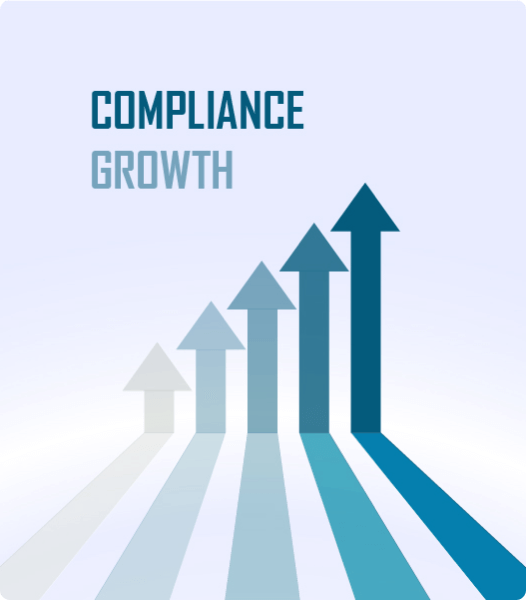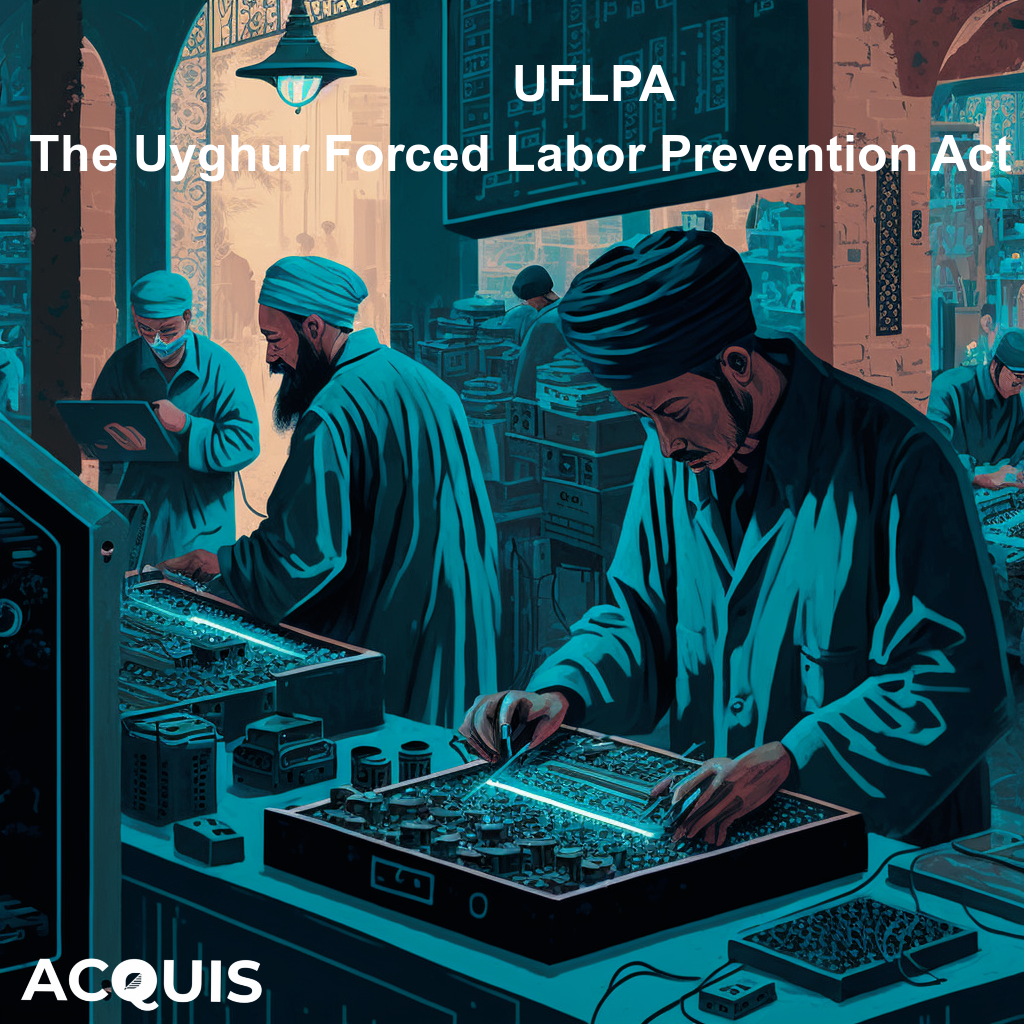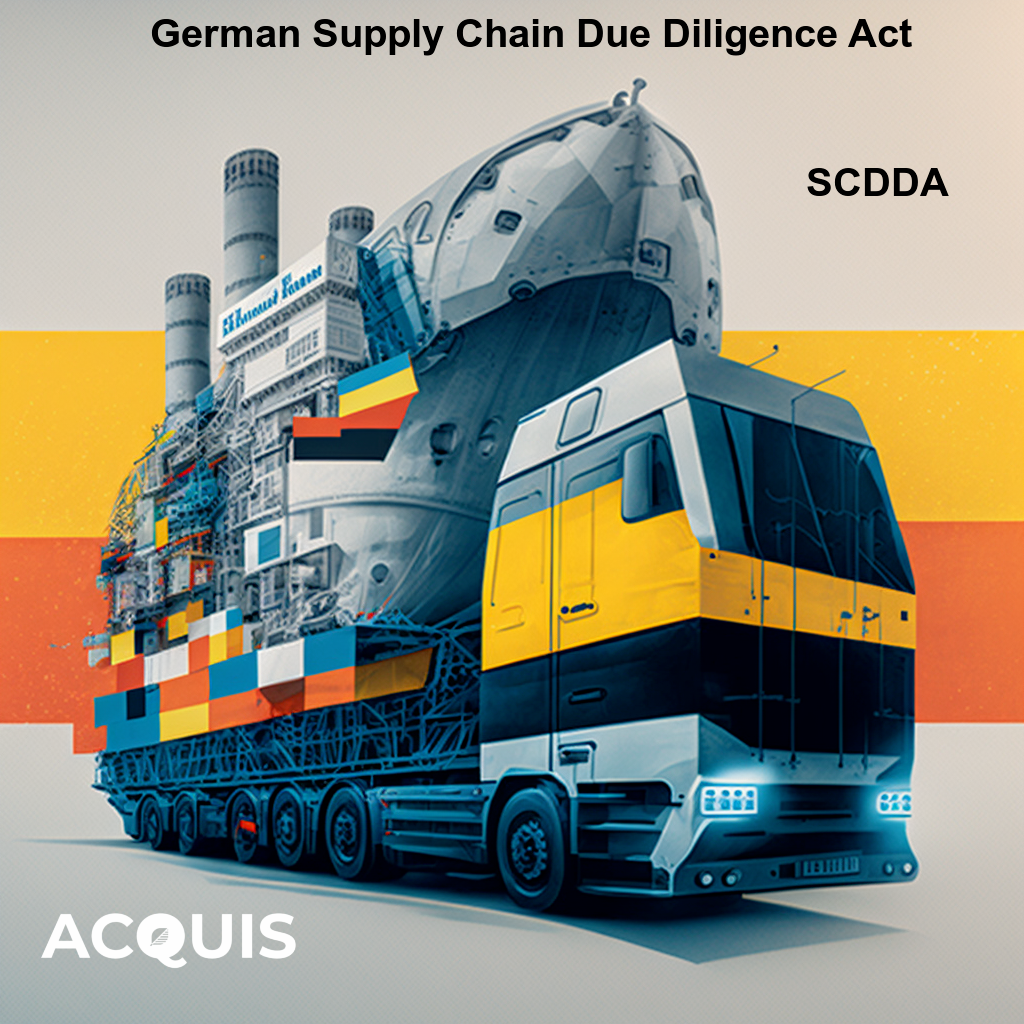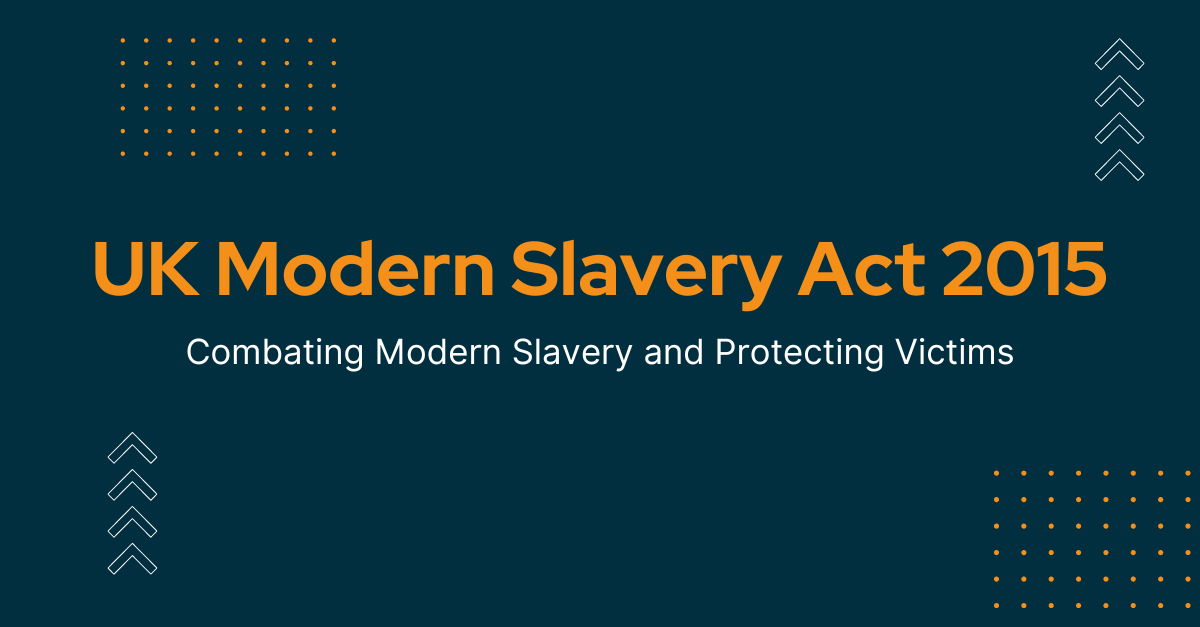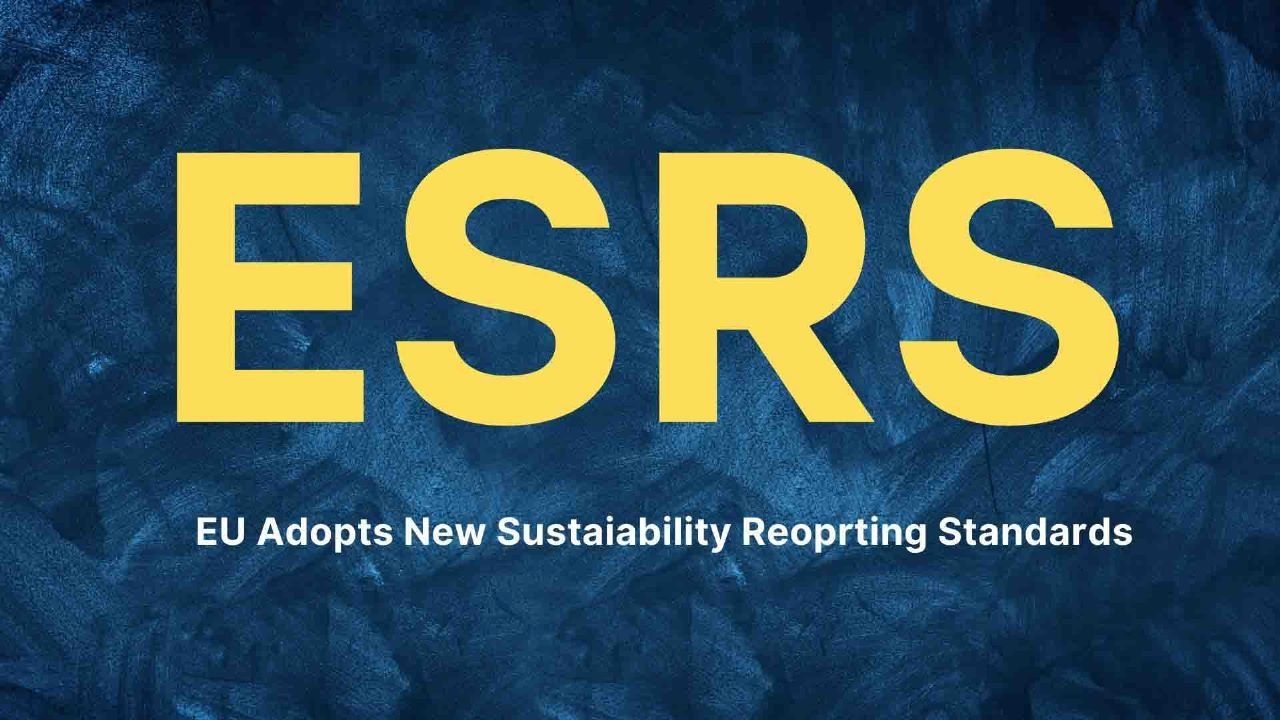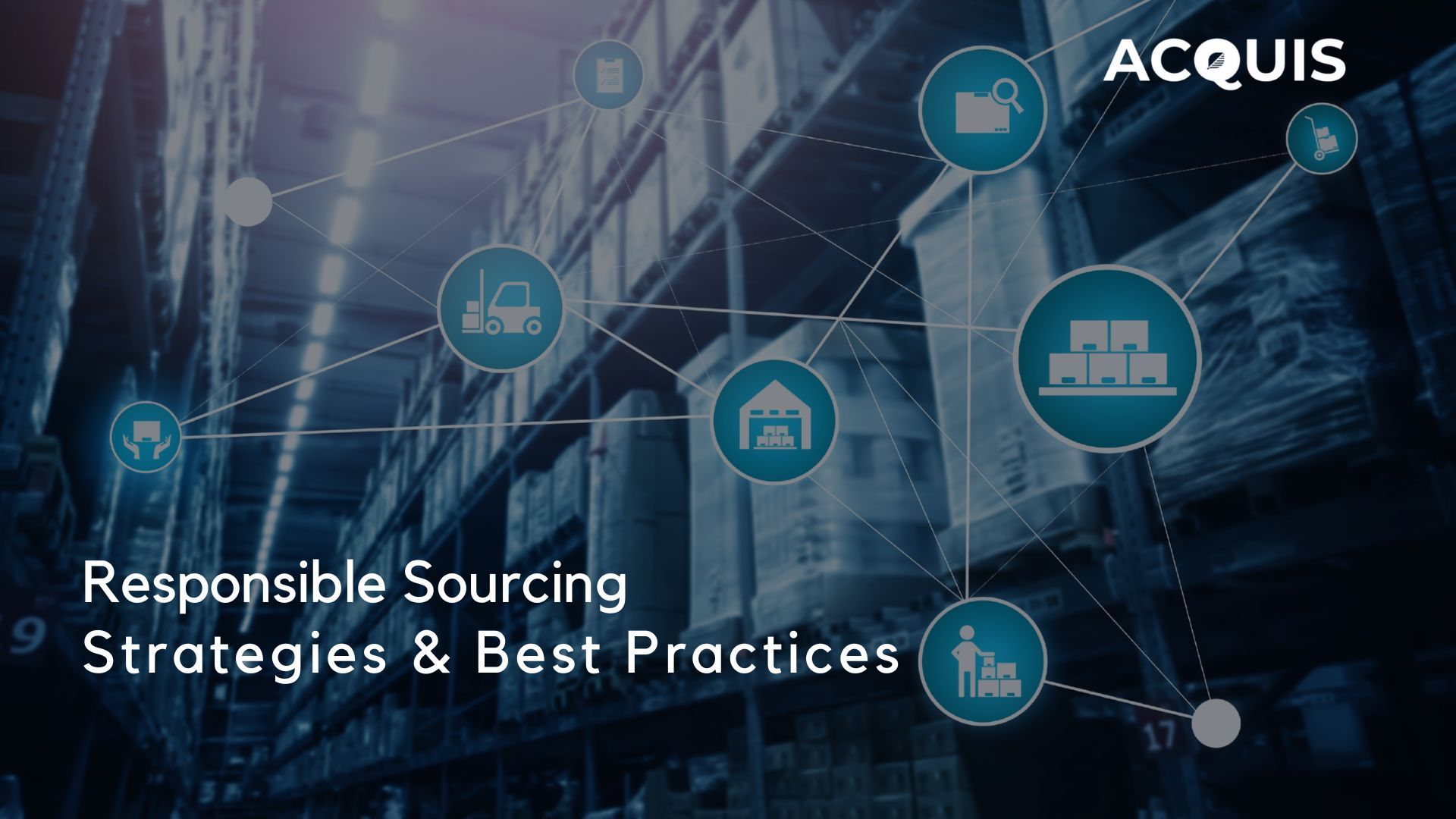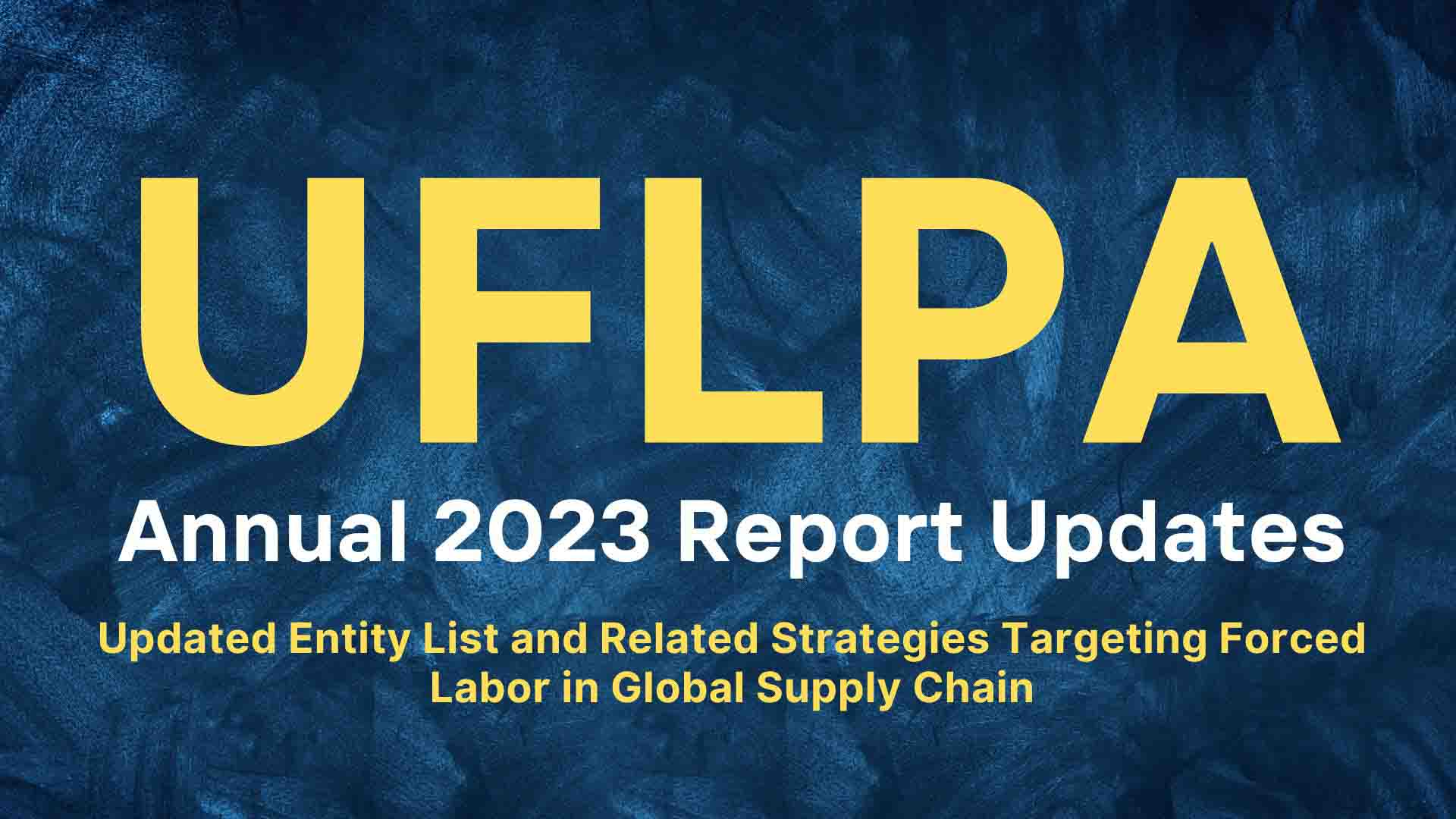Acquis Compliance is your trusted partner in navigating the complex landscape of responsible sourcing. Our comprehensive solutions cover a range of regulations, including Human Trafficking & Modern Slavery, UK Modern Slavery Act, Uyghur Forced Labor Prevention Act (UFLPA), German Supply Chain Due Diligence Act (SCDDA), and more. With Acquis Compliance, you can ensure compliance and foster a sustainable and responsible supply chain.
Comprehensive Solutions
Utilize Acquis' software, services, and consulting to implement thorough due diligence measures.





